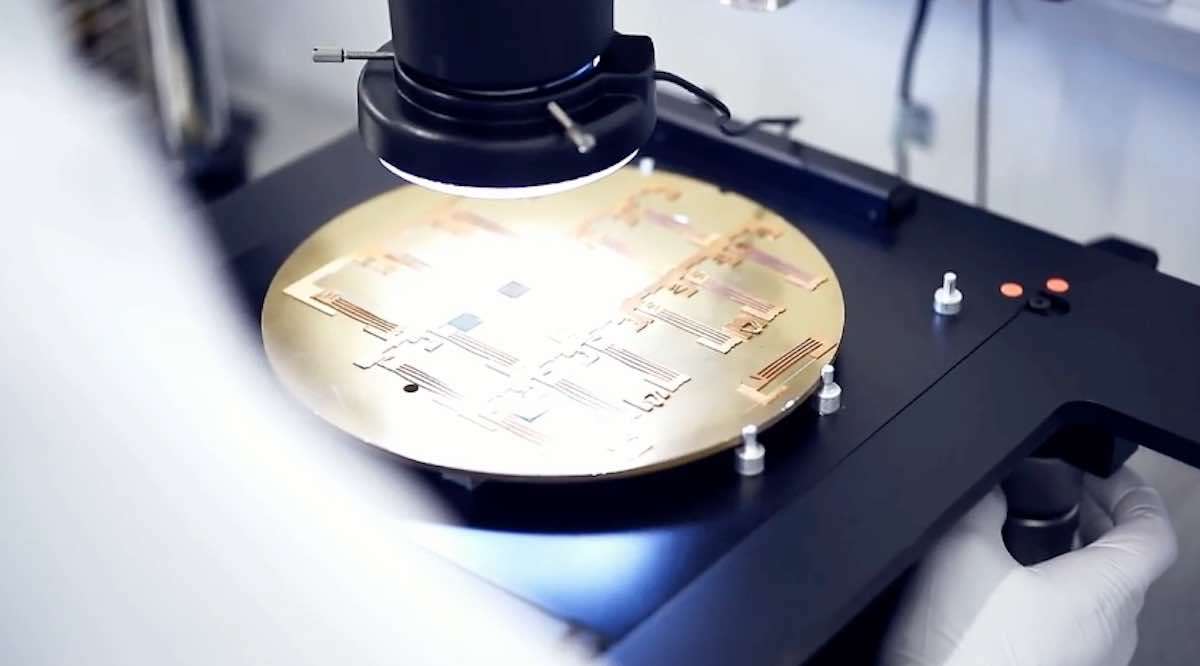Researchers Are Testing Smart Headphones That Could Warn Pedestrians of Impending Dangers
As more and more pedestrians fall victim to street collisions, researchers are now testing headphone technology that warns the user of impending danger.

Scientists have developed a pioneering new technique that could generate enough electricity to power an entire home – all by using solar panels that are much smaller than current models.
A team of experts from the University of Exeter has discovered an innovative way for generating photovoltaic (PV) energy – or ways in which to convert light into power.
The new technique relies on ‘funneling' the sun's energy more efficiently directly into power cells, such as solar panels or batteries.
Crucially, this ground-breaking method has the potential to harvest three times the energy compared with traditional systems. The researchers believe their breakthrough could result in solar panels, no bigger than a book, producing enough energy to power a family-sized house.
The results are published in the leading scientific journal, Nature Communications.
Adolfo De Sanctis, who is the lead author of the paper, said: "The idea is similar to pouring a liquid into a container, as we all know it is much more efficient if we use a funnel. However, such charge funnels cannot be realized with conventional semiconductors and only the recent discovery of atomically thin materials has enabled this discovery."
In the research, the team of physics experts developed a process to ‘funnel' electrical charge onto a chip. Using the atomically thin semiconductor hafnium disulphide (HfS2), which is oxidized with a high-intensity UV laser, the team was able to engineer an electrical field that funnels electrical charges to a specific area of the chip, where they can be more easily extracted.
While current solar cells are able to convert around 20% of the energy received from the sun, the new technique has the potential to convert around 60% of it by funneling the energy more efficiently.
Source: University of Exeter
(WATCH the video below)
Power Up Your Friends With This Positive News By Sharing To Social Media – Photo by University of Exeter
Be the first to comment